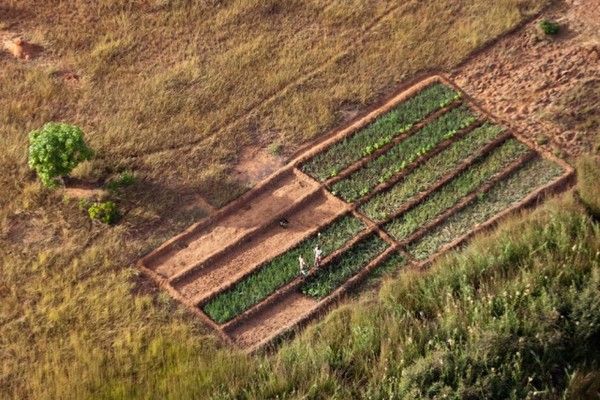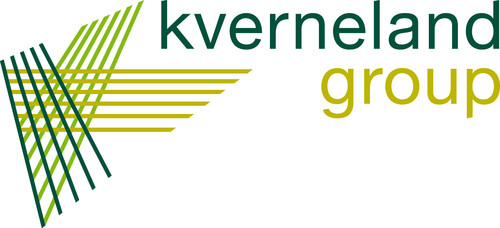
Mechanization and training in agriculture: a great project for Africa
An Italian-African bilateral convention was sealed at the Ministry of Foreign Affairs in Rome for the launch of a Segment Agriculture initiative committing FederUnacoma and the CIHEAM of Bari as principal partners of Sub-Saharan governments. For African countries Italy prefigures as a model of qualitative agriculture on the prototype of family farming but a model equipped with basic mechanical technologies
Cooperation between Italy and the countries of Africa in the sector of agricultural mechanization has finally led to a great project. The Italy-Africa/Segment Agriculture initiative was set in motion Thursday, the 20th of February, at the Ministry of Foreign Affairs in the Farnesina Palazzo in Rome to bring together the commitments the most authoritative institutions operating in the field of cooperation to promote and consolidate a system of partnership agreements of great strategic and economic value. Taking part in the meeting were the Ministers for Agriculture from the major Sub-Saharan Africa countries, Italian Minister for Agricultural Policy Maurizio Martina, authoritative representatives from the Italian Foreign Ministry, senior officials of such international organizations as the UN Food and Agriculture Organization and the International Fund for Agricultural Development and representatives from public agencies and such NGOs as Slow Food. At the center of discussion was a project document entitled Supporting Initiatives in the Agro-Food Sector in the SSA Countries (Sub-Saharan Africa) promoted by the Foreign and Agricultural and Health Ministries, CIHEAM in Bari (the International Center for Advanced Mediterranean Agronomic Studies) and the Italian Federation of Agricultural Machinery Manufacturers, FederUnacoma. The document sets out an ample and well organized range of activities which can be financed through cooperation funds revolving around professional training, experiments and the transfer of technological innovations to the African countries, a continent displaying extraordinary potential for agricultural development but in need of balanced and eco-compatible production models suited to the needs of rural communities. Massimo Goldoni, the FederUnacoma president, said in his statement, “Coming to the surface in these years with increasing clarity is that agriculture is the real locomotive of Africa's economic development, especially in the Sub-Saharan area where the impact of agriculture accounts for more than 50% of the total economy and workforce. If we consider the data recently made public by the World Bank International Finance Corporation, in the coming fifteen years African agriculture will generate new activities valued at one trillion dollars and this underscores how crucial this area of the world is from the point of view of economic, business and geo-political arrangements.” In light of the growing volume of investments arriving to the continent not only from the countries traditionally investing in Africa such as the United States and European countries but also from emerging countries as China, India and Brazil, the economic policies of the African states must reconcile quantitative farm production and requirements healthy production, eco-compatibility in operations and respect for biodiversity and rural communities as well as the rational use of natural resources. In this connection, there can be great interest in the European qualitative model and especially the Italian family farming enterprise. On this perspective the African governments reported general agreement. In their statements at the meeting in Rome, the Ministers for Agriculture of the countries involved – from Angola to Senegal for a total of 40 countries taking part – spoke of their interest in cooperation with Italy precisely because of a philosophy behind interventions which looks also to biodiversity and local traditions. Thus this challenge for the development of agriculture in Africa has been joined and the commitment to come to terms with it is considerable. The mechanization gap between the continent and other areas of the world is still great if, according to FAO surveys, it is true that Africa accounts for a mere 2% of the world's agricultural machinery inventory.








